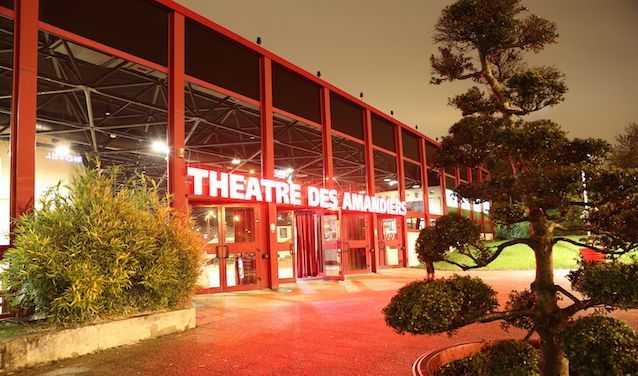Home>Students on Stage with Bruno Latour To Make the Climate Conference a Success

18.05.2015
Students on Stage with Bruno Latour To Make the Climate Conference a Success
Seven months before the global climate conference taking place in Paris, students from universities around the world will come together to participate in a unique simulation of the negotiations.
The experiment will take place at the Théâtre Nanterre-Amandiers, under the guidance of Bruno Latour, a professor at Sciences Po.
- 11 Countries on Stage
This simulation will gather 200 international students together, including those from Sciences Po and those from universities in Australia (University of Sydney), Brazil (University of São Paulo, State University of Ceará), Canada (Carleton University, Simon Fraser University), China (Tsinghua University), Germany (Flokwang University of the Arts), Italy (Alma Mater Studiorum of Bologna), Japan (Tokyo university), Netherlands (University of Amsterdam, Leiden University, Delft Technical), Russia (Moscow State Institute of International Relations, EUSP), United Kingdom (City University of London, LSE, University of Kent, AA Architectural Association) and USA (California State university Northridge, Columbia University, Skyline College, University of California Los Angeles, University of Southern California)
The simulation is simultaneously a role playing game, a pedagogical experiment and a research laboratory. Students will “act out” the negotiations on stage at the Théâtre Nanterre-Amandiers close to Paris. See the detailed programme of the simulation.
- Representing the Oceans
Unprecedented in its scope, the simulation will experiment with some new rules. It will also include a new set of actors, comprising of those who do not hold a seat at the UN, but who still have great influence: the oceans, underground fossil fuel, and indigenous delegations.
“Indigenous populations represent more than 280 million people in the world: more than the population of the United States!” explains Bruno Latour. “They never have influence because they are very scattered, but when they are represented by an entity, they form an enormous power.” By introducing these non-state actors into the negotiations - human and non-human - and representing their interests with data, the simulation aims to do geopolitics differently.
- Take part in the Make It Work initiative
The simulation will take place as part of Make It Work, an initiative launched by Sciences Po and partner institutions under the guidance of professor Bruno Latour, in preparation for the 2015 climate conference. With the Make It Work initiative, Sciences Po is mobilising its resources to make the climate conference a success.
Bruno Latour, Sciences Po students, French Minister, philosopher… Meet the people who want the Climate Conference to succeed.